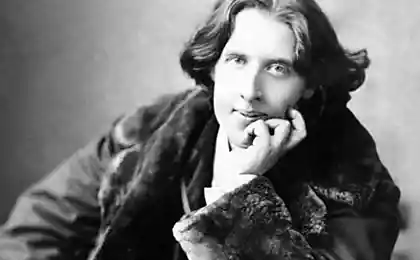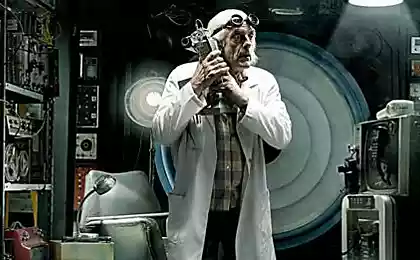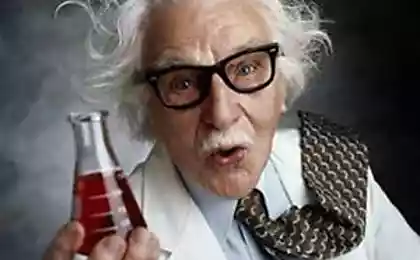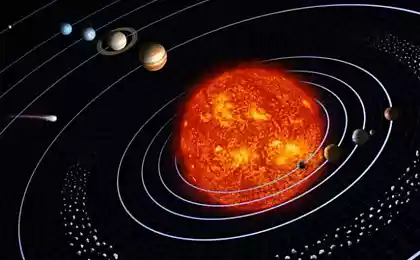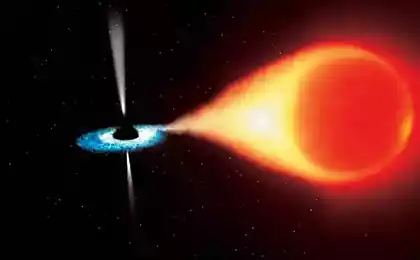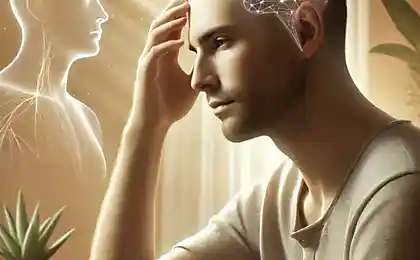713
Scientists believe that genius and madness are linked manic depressive
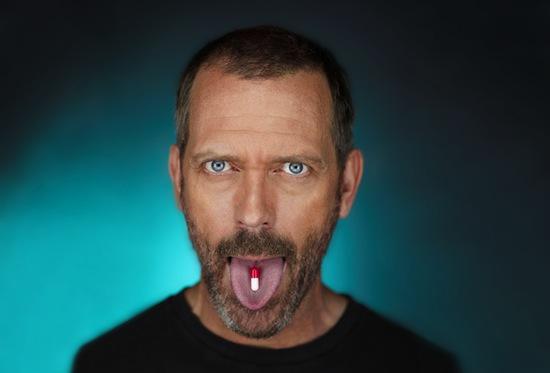
assertion that genius (creativity) and madness (mental instability) are linked, is haunted by scientists long ago. Is there such a relationship really or is it nothing more than a persistent myth?
Many of the creative geniuses are crazy if you do not, then the signs of emotional instability certainly showed: Vincent Van Gogh, Edgar Allan Poe, Fyodor Dostoevsky, Virginia Woolf, Nikolai Gogol, Byron, Yesenin ... the list goes on. Many researchers are trying to identify the relationship between madness, talent and all these people. And it seems they are now closer than ever to a solution.
Apparently the desired link - is bipolar disorder, also known as manic-depressive psychosis (MDP). People suffering from this disorder, live between "heaven and hell" - a protracted state of deep depression (depressive phase) is replaced by the rise of their mood, irritability, physical and mental vigor (manic phase).
One study tested the 700,000 Swedish 16-year-olds and compared the results with the same test, but held 10 years later. The result, published in 2010, the year, hit the scientific world: teens, before others have reached success in creative professions, TIR suffered 4 times more frequently than others.
People suffering TIR experiencing strong creative upsurge in the manic phase. James Fallon, a neuroscientist at the University of California at Irvine, said that when switching from manic depressive phase the patient stops the activity in the lower part of the frontal lobe of the brain and breaks at the top. "Surprisingly, exactly the same" switching "we have seen in healthy people in those moments when they experience creative inspiration - says Fallon - This allows us to assume the existence of a direct link between the TIR and what is considered to be a genius, given the fact that patients experiencing TIR rise much more sharply than the healthy people. " Elin Sachs, professor of mental health at the University of Southern California, makes a disappointing conclusion: "It seems that the brilliant creativity, perfect in itself, is always a sign of serious mental health problems, which is a bipolar disorder." That's just whether in this case it is treated? ..
via factroom.ru
Freddie Mercury recorded vocals «The Show Must Go On» the first time
Mosquitoes bite people selectively



